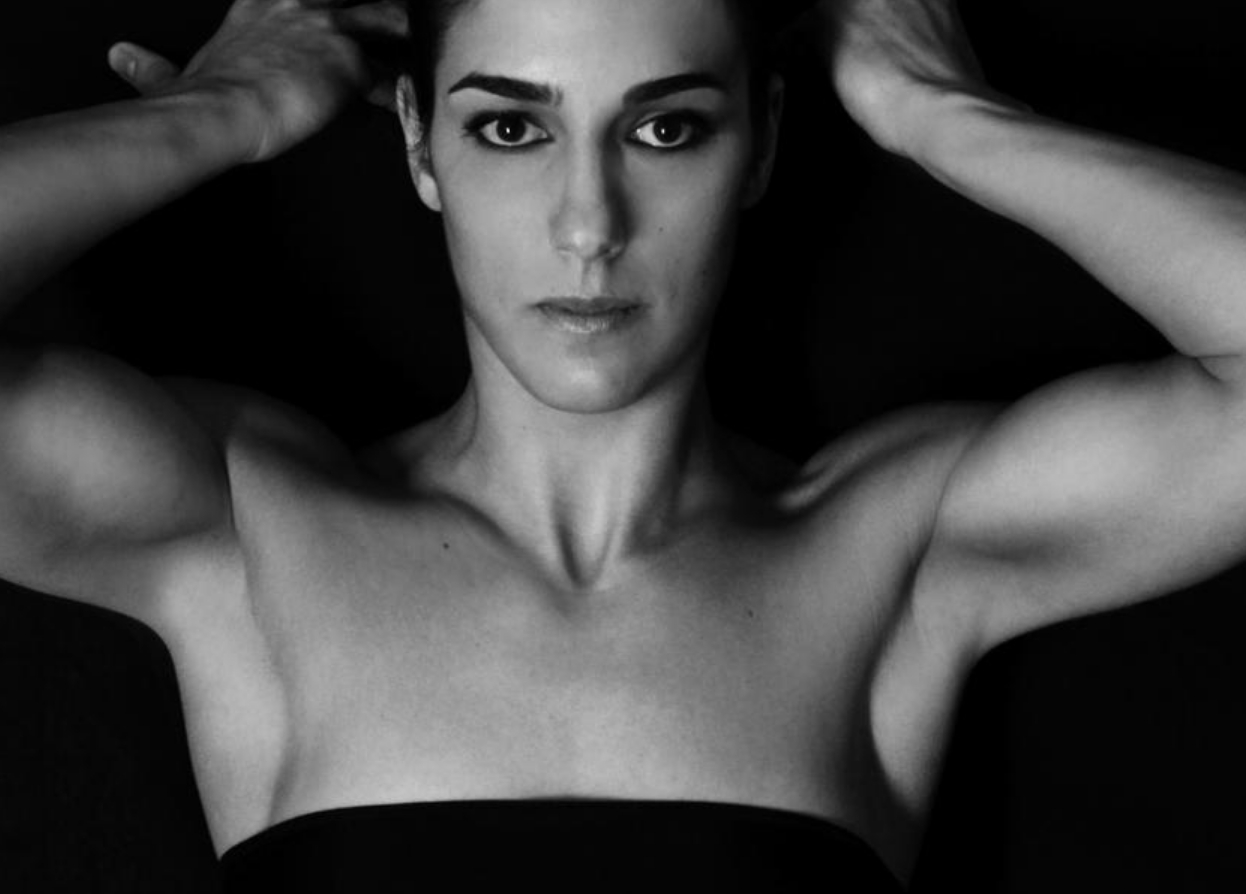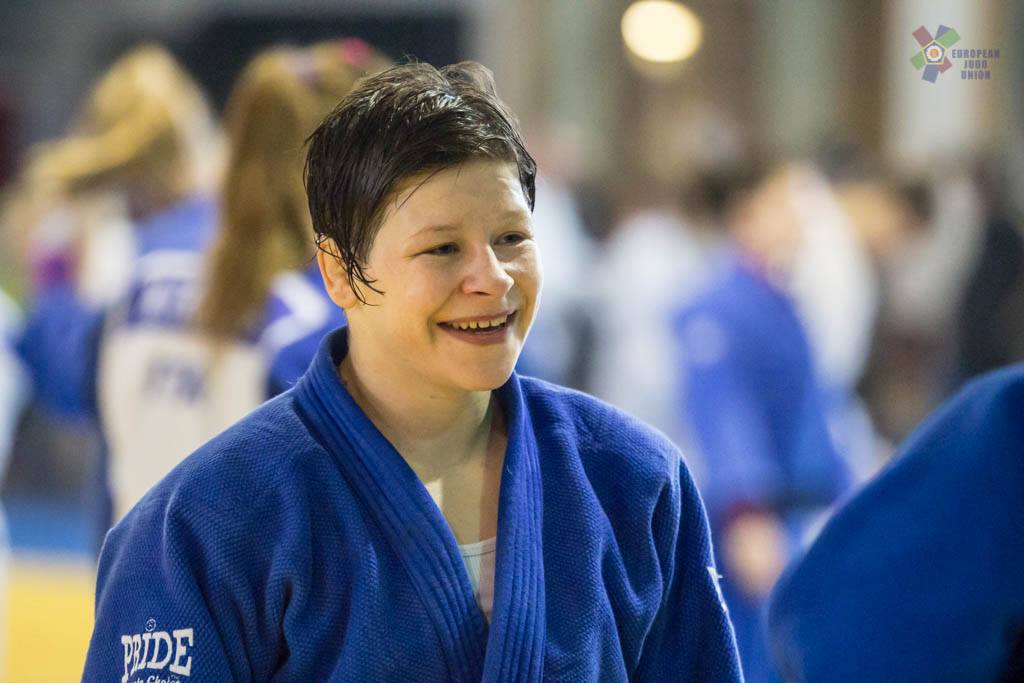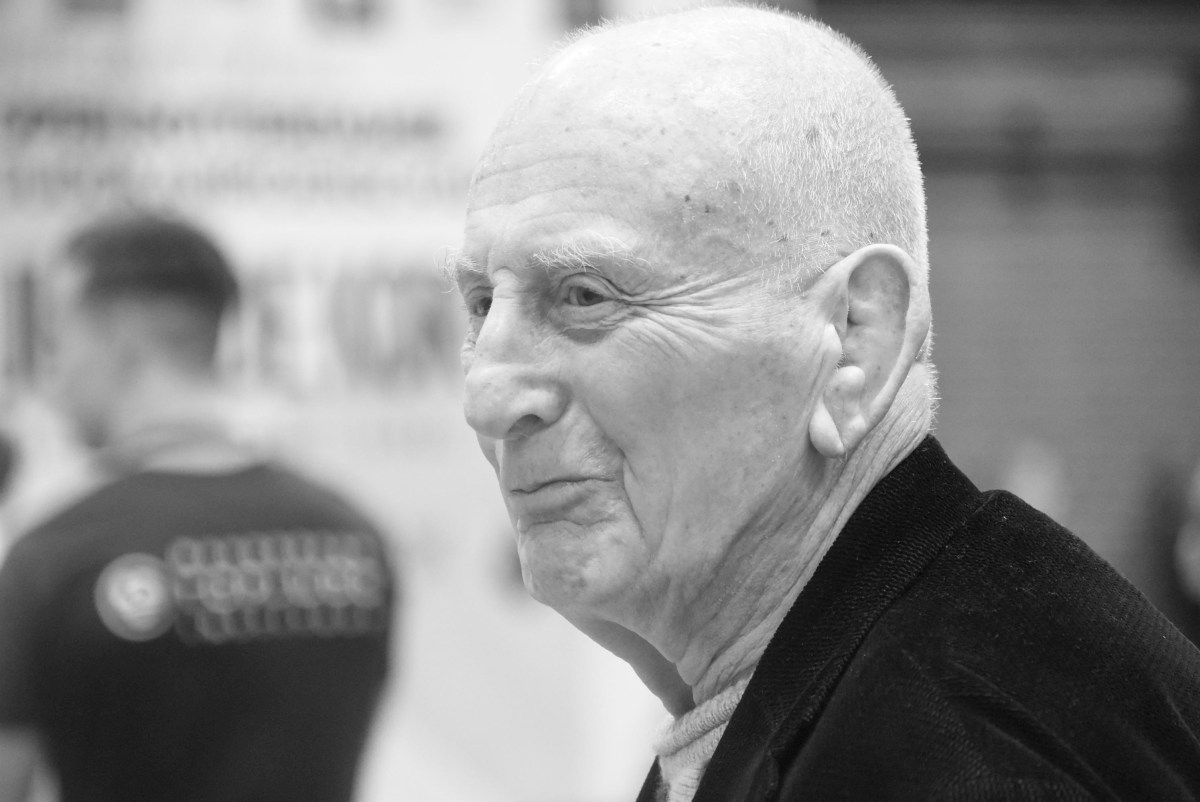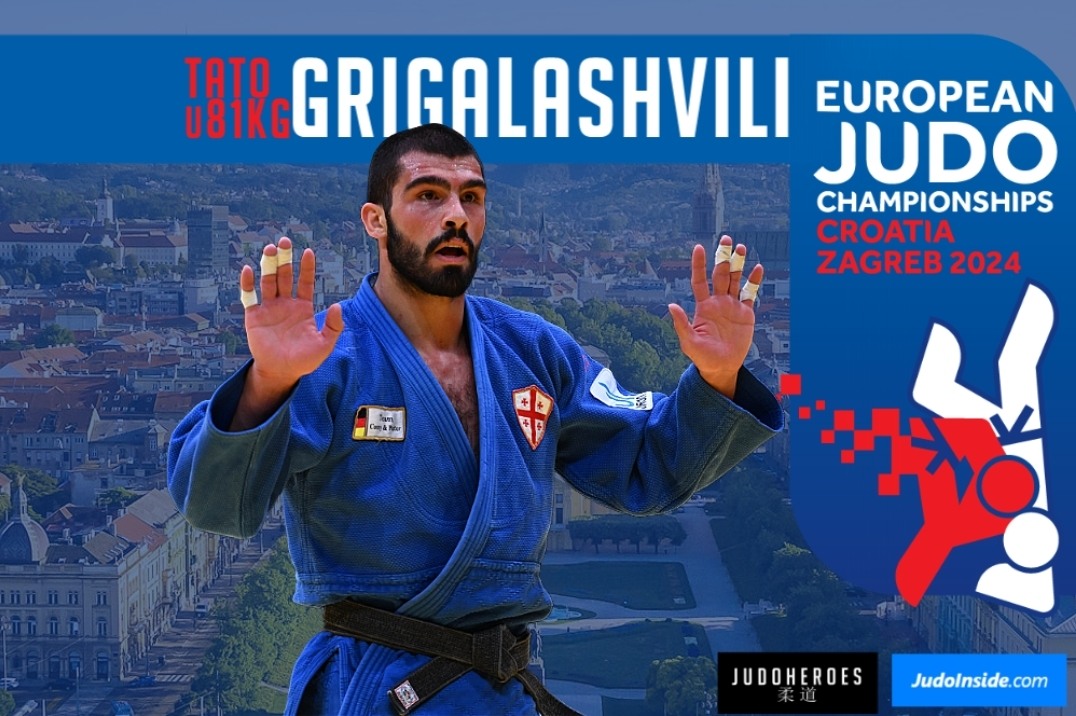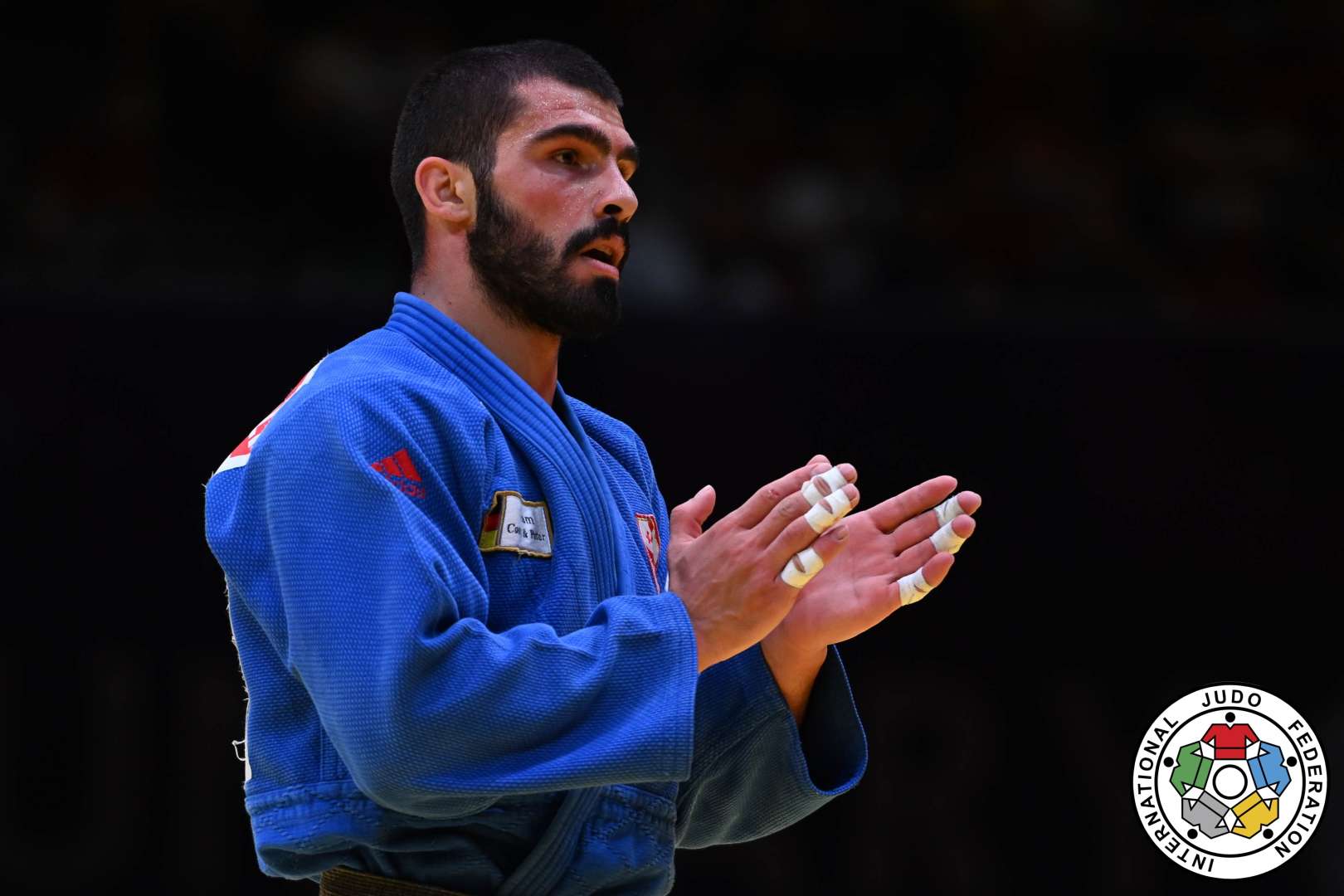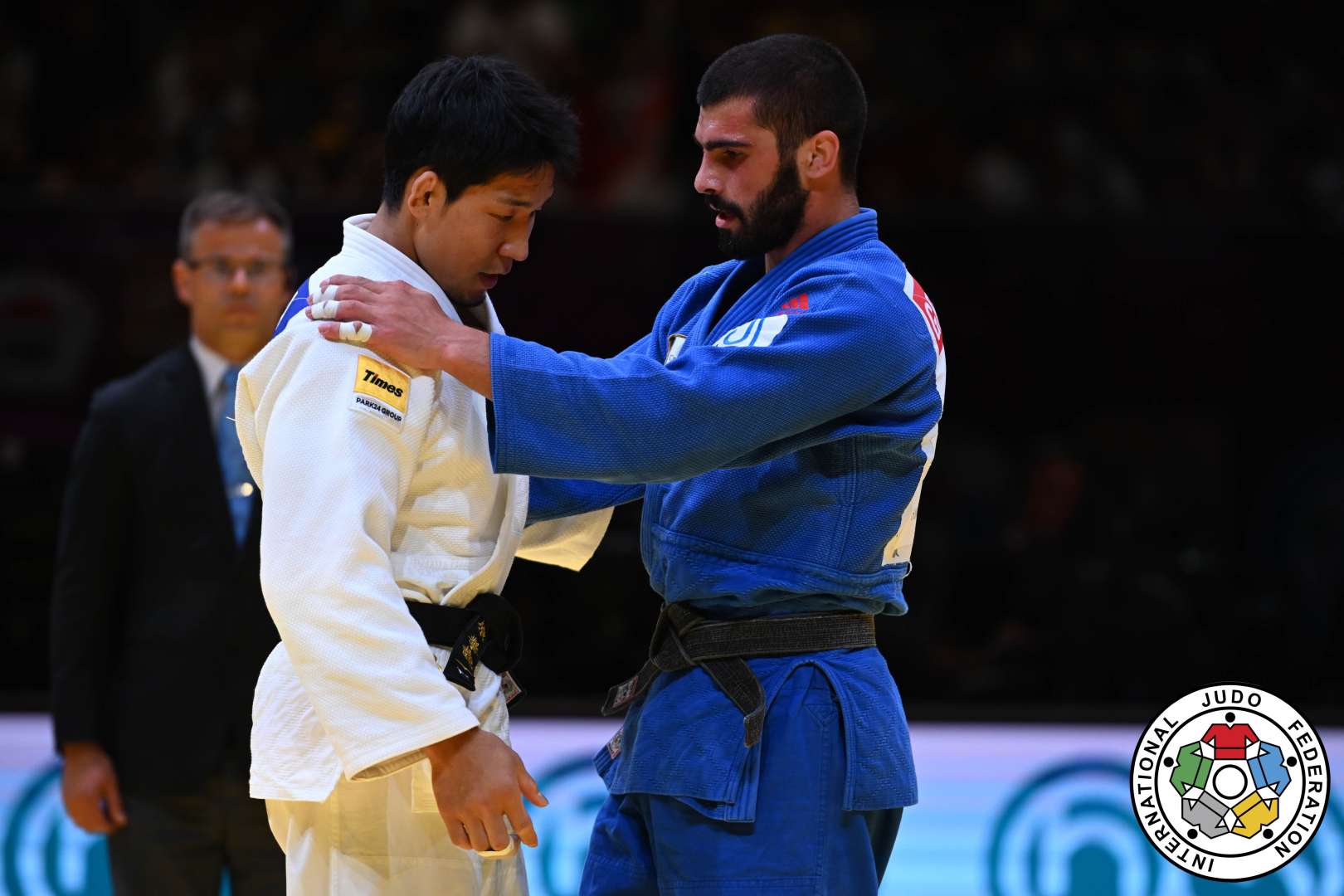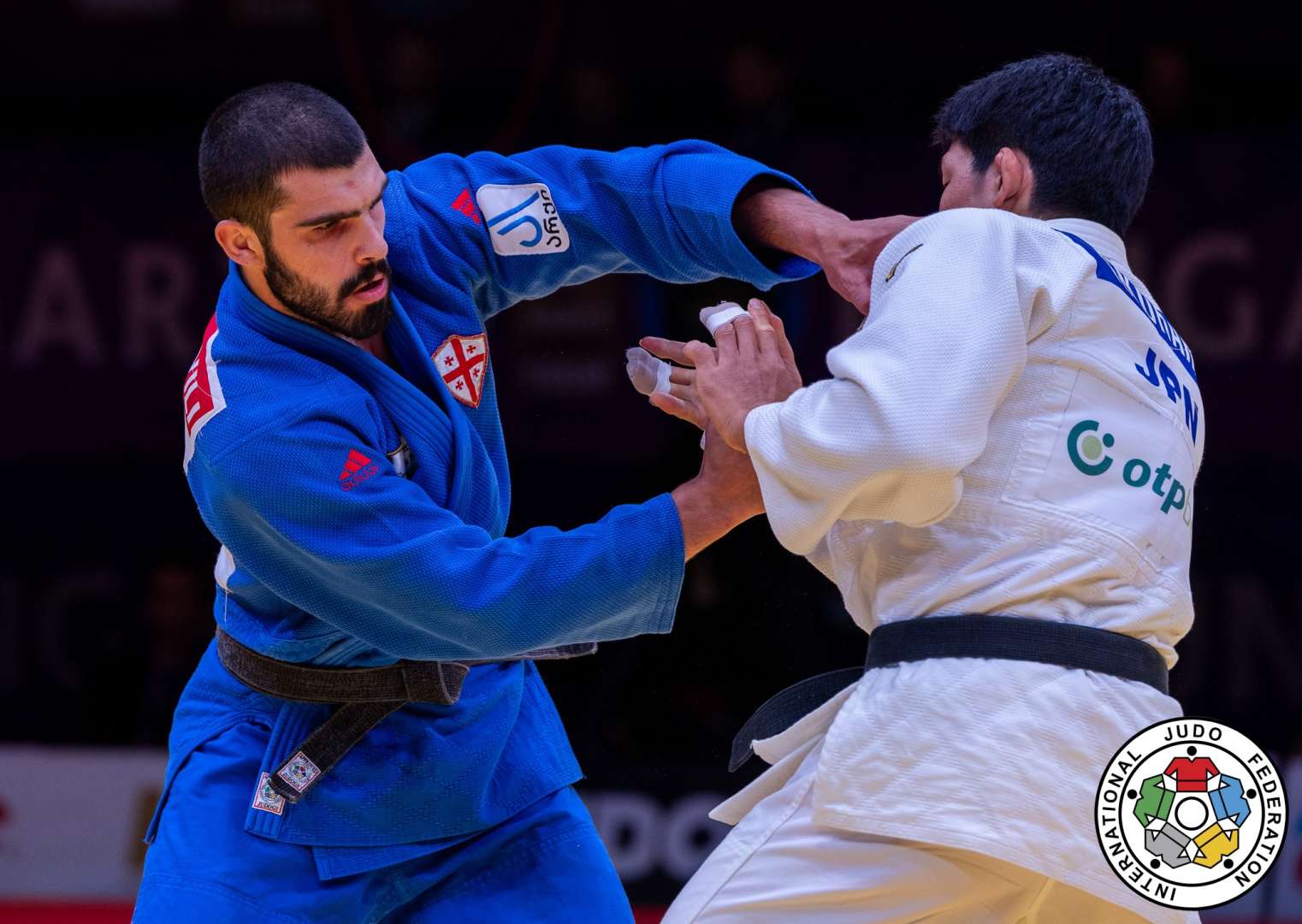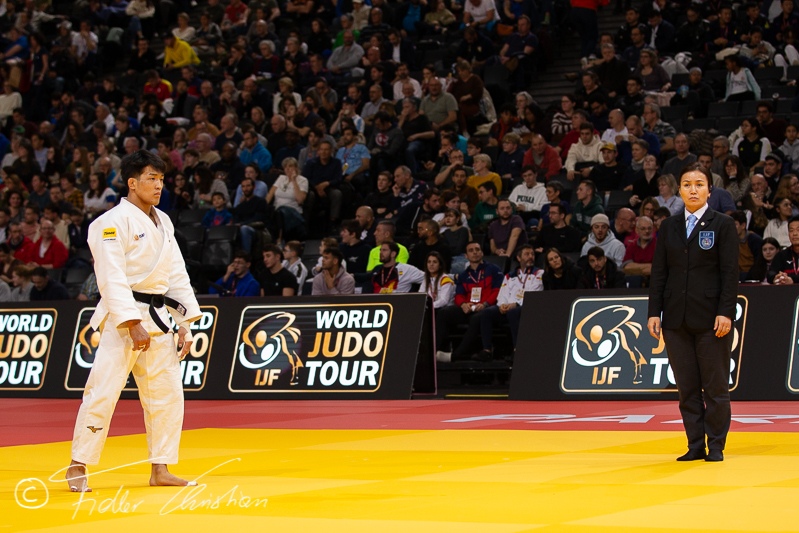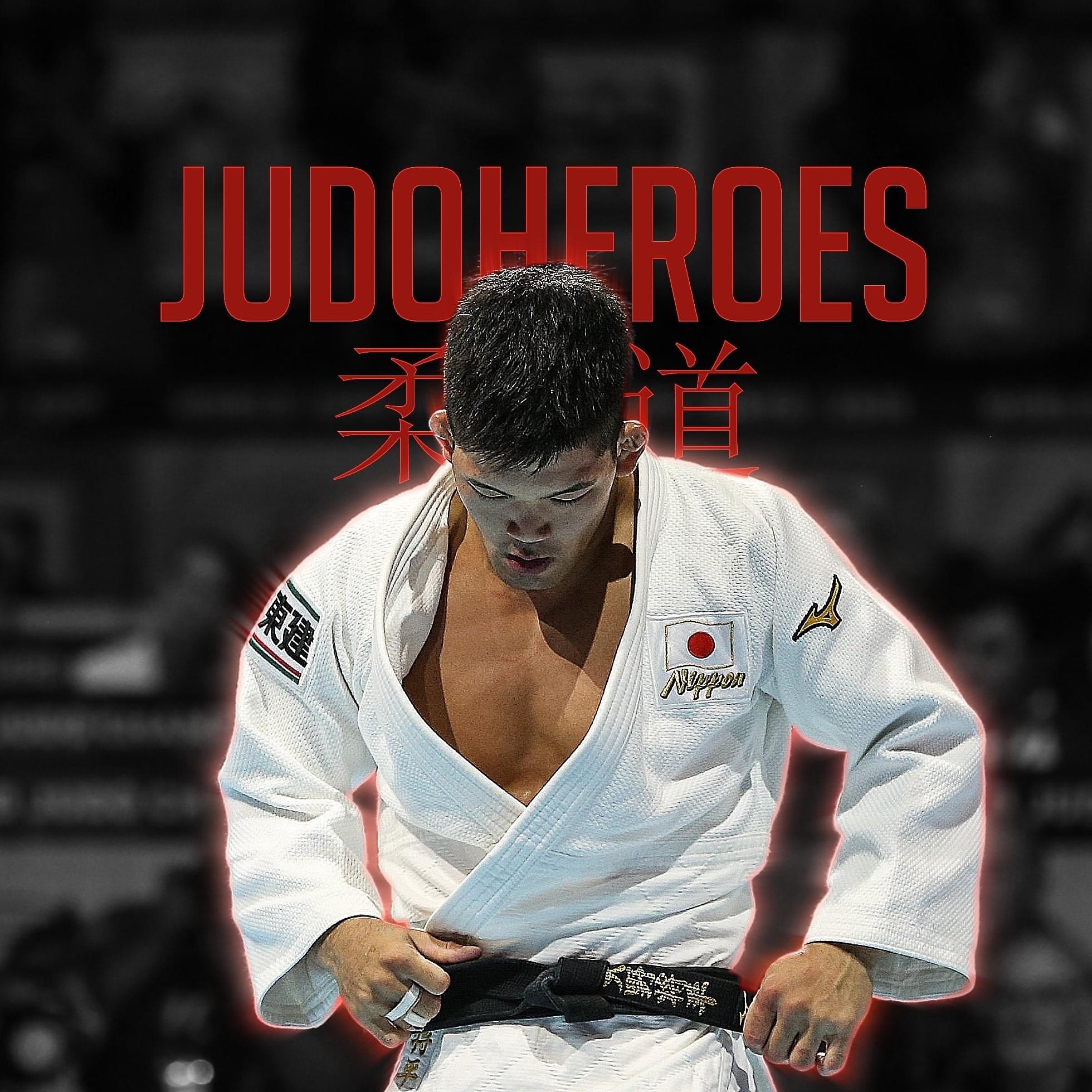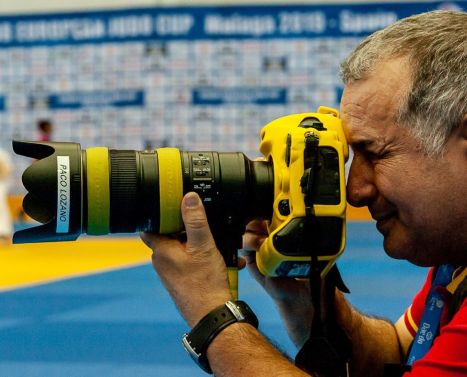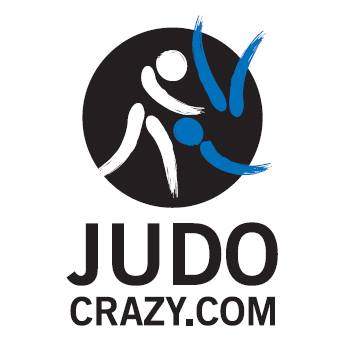2008 Olympic Champion Giulia Quintavalle back to her roots
 (1).jpg)
 23 Apr 2021 13:35
23 Apr 2021 13:35
 By Nicola Calzaretta in Il Tirreno
By Nicola Calzaretta in Il Tirreno
 IJF Media Team / International Judo Federation
IJF Media Team / International Judo Federation
In 2008 Giulia Quintavalle took the Olympic title in Beijing. Again an Italian surprise. She will take us back to the historical days and tells us how she moved on in her live. Recently she was elected into the National council of CONI, The Italian Olympic Committee. Nicola Calzaretta takes us back.
At what age did you start dreaming?
“When I was five I started practicing judo with my twin Michel, in the footsteps of our older brother Manuel. I was terrible as a child, it was my mother who enrolled us at the Kodokan, the gymnasium of maestro Renato Cantini, in Cecina. From Rosignano, where we lived, it is ten minutes by car".
Did you play other sports too?
“Yes, but I never gave up judo and it took me completely. At 16 I was in the national team. At 19 I entered the Fiamme Gialle and moved to Ostia.”
How much did the separation from your family weigh on you? Who helped you in your growth path?
“In addition to maestro Cantini, I owe a lot to Giorgio Vismara and his wife Jenny Gal, two former athletes who treated me like a daughter. They have been fundamental for my growth. Jenny used to take me to the gym in Slovenia. With them I got my car license and I made the real leap in quality from a sporting point of view.”
What were your strengths?
“The technique. The balance. The height. And then the sensitivity: I "feel" the opponent a lot. I read his body, his movements and these have always helped me in choosing the move to do.”
The defects instead?
“Sometimes I 'fell asleep', I lost my lucidity. I could do a lot, but I was also able to destroy a lot at the same time.”
The prestigious results arrived immediately.
“In 2004 and 2005 I was Italian champion. In 2007 fifth at the World Championships in Rio de Janeiro and fifth again at the European Championships in Lisbon in 2008, before Beijing. The good international performances have allowed me to have the pass for the Olympics in which the top 14 of the world ranking participate. And anyway, only one per nation is admitted to the Games. And I left for China with the utmost determination.”
Can you tell us the exciting journey to gold in Beijing?
“For the first race, the draw had given me the outgoing German Olympic champion Boenisch. But I was not scared, quite the contrary. I loaded myself further. I was aware of my strength. Before getting on the tatami I said “today I'll kill everyone”. I knew I was strong, I was fine. I won. In the next round I overtook the Erdenet-Od Khishigbat, third in the 2005 World Championships, then the French Barbara Harel.”
And we are in the semifinal.
“The opponent is Maria Pekli, bronze medal in Sydney 2000. It was tough. I was afraid of a problem in my right arm. The race was interrupted for a while. But he certainly couldn't stop an elbow. I went back to the mat and I won!”
11 August 2008. The final against the Dutch Gravenstijn, bronze medal in Athens 2004. A complicated opponent.
“Before the race the only thought was for gold. I had to and wanted to win. I was afraid of the Dutch, even if I had beaten her at the World Cup. But I was looking at me. To my desire to win. And I drove the race well.”
A few seconds before the end, during a pause in the fight, you made the sign of the cross.
“I believe in God, maybe I'm not a model practitioner, I turned to him. And then at that moment I also addressed a thought to my grandfather Giovanni, who flew to heaven in 2003 and to whom I was very attached.”
The race is over. You are Olympic champion.
“A magnificent, indescribable sensation. I made the gesture of the three fingers spinning near the ear, I ran towards the coach and the teammates. On the podium, during the national anthem, I danced. At the age of 25, gold at the first Olympic participation and for the first time in history. Reality has surpassed even the dream.”
What gave you that success and what it took from you.
"Gold matters. It gave visibility to me and to Judo. It allowed me to be the standard-bearer at the Baku European Championships in 2015. But it also took away a lot of serenity from me. At first I felt suffocated. I was not happy, on the psychological level it weighed me down. It took me some time to get back to my standards.”
What bothered you the most?
“The lack of attention that in general there is for minor sports. Only when there are events like this do the flashes and cameras arrive. All together, but for a short time. Then, the shadow returns. But it is also true that, over time, the positive aspects of that success emerge.”
After Beijing there was the great achievement of the team gold at the European Championships in 2010. “An important success, also in this case for the first time in the history of Italian women's judo. For me, other prestigious results have also arrived, so much so that I have once again qualified for the 2012 London Olympics.”
Where, however, you arrive fifth.
“The" curse "of my surname (laughs). That "condemnation" that led me to Beijing to scream like that after the gold, now call me "Primavalle!"”
What happened after London?
“I have thought about retirement. In September I was going to get married, I was about to become a mother. I no longer felt like it. But there was the goal of the Olympics in Brazil that pulled me. I tried, but a lot had changed around me. In Judo you don't have a coach for you, he belongs to the team. I have not found that complicity of previous years. No Rio. I struggled to accept, but I didn't give up. I held up until I was 33, then I said enough>.
What plans did you have for your post career?
“Remain in the environment as a coach. I believe that the contribution of experience and competence that former athletes can give is fundamental for each discipline. But there was no possibility.”
In 2017 you were elected to the Coni National Council.
“And for this I thank Giovanni Malagò who wanted me to apply. The president has always focused on former athletes.”
And now you have another four years of commitment.
“I am very happy with the re-election. I like being able to contribute to the growth of sport in this capacity. It is a stimulating and formative experience »
Also in 2017 you returned to your hometown.
“I left Rome and now I live in Rosignano. I am a mother twice. I no longer belong to the sports group, I am a "financier" in all respects and I dedicate myself to the boys in the Cecina gym with my old teacher Renato Cantini and with my husband Orazio D'Allura, also a former judo champion with the Fiamme Gialle, in addition to Andrea Falso, who grew up with me and also a former Fiamme Gialle and his partner Mara Laici former National team who collaborate with us.”
 like
like
 share
share

| Result | City | Date |
|---|---|---|
| 3 | Belgrade | 2023 |
| 2 | Montpellier | 2023 |
| 3 | Budapest | 2023 |
| 1 | Doha | 2023 |
| 1 | Paris | 2023 |
| Result | City | Date |
|---|---|---|
| 1 | Tashkent | 2 Mar |
| 1 | Paris | 3 Feb |
| 1 | Budapest | 2023 |
| 2 | Tokyo | 2023 |
| 5 | Montpellier | 2023 |


